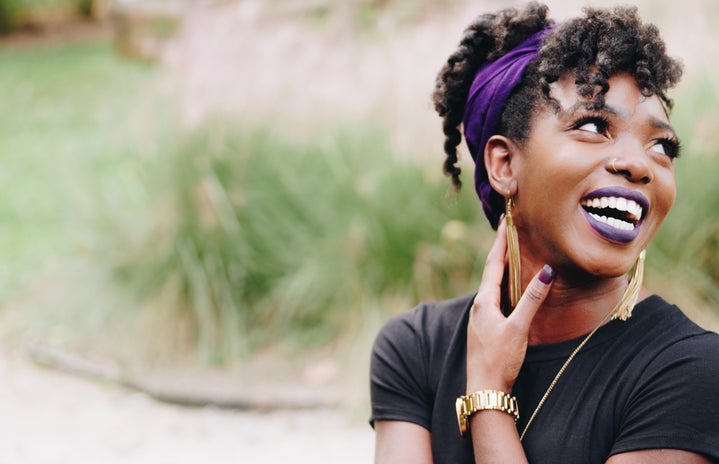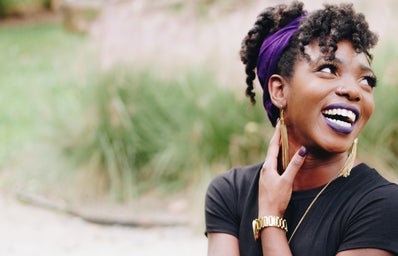Just the other day, I was sitting and talking with a friend of mine when she said something that got me thinking. We were talking about someone we knew that was going through a period of self-reflection in her life, not interested in any type of romantic relationships. My friend said, “Oh, did she say that thing about loving herself that people say when they want to be in a relationship, but pretend to be okay being alone?”
For days after this conversation, I couldn’t stop thinking about this. In my perspective, this particular girl was enjoying this precious time of her life where she was able to spend time getting to know herself, her ambitions and desires. But there we were, presupposing that this personal satisfaction was an act to cover up her underlying desire to find love.
Why is it, I started asking myself, that our society doesn’t recognize women being alone as a potentially positive thing? And furthermore, why does this culture reinforce the notion that it is expected for women to want to be in a relationship; for their end goal to be settling down and finding a man to take care of them rather than genuinely feeling content with their solitude?
In the 1960s, as the second wave of feminism took precedence, these are the questions that society began to ask. For years before, it was assumed that once they reached the age of independence, women would immediately find a man to marry and take care of them, both financially and emotionally. Women simply weren’t thought to be capable of supporting themselves. If not supported by their fathers, they needed husbands to fill that role. But suddenly, this wasn’t so plausible.
Women began to realize that they were in fact just as capable as men of being independent beings, making their own decisions, and building their own lives. Independent women living in solitude were celebrated in this second wave of feminism. The idea that single women had to be in constant search of a man was deconstructed and began to become less of a norm. But yet, here we are today with a society still infiltrated by these patriarchal standards.
Like many other societal constructs, patriarchy has been ingrained in our society in ways that seem permanent. It sneaks up on us and feels acceptable because it’s “just the way things are.” But as Barack Obama once said, “You must ask yourself. Do you want to live in the world as it is, or do you want to live in the world as it should be?”
I don’t know about you, but I want to live in the world as it should be; I think that’s the only way we’re ever going to make progress. And, in the current state of feminism, we have much work to do. Though more recognized than in the past, we must continue to challenge patriarchal norms and fight back against the idea that we are not equal. We are equal, we are capable, and we can certainly enjoy our solitude without being in constant search of a relationship.
College is the most amazing time to be alone. There are so many opportunities to discover more about your most inner depths. Ask yourself hard questions about what you believe in, who you want to be, and what you want to accomplish in your time on Earth. We shouldn’t be held back by a sexist ideal that we need a man to take care of us.
For those of us that are in relationships, more power to you. Being in love is great and finding a partner who respects you and your values and pushes you to be a better version of yourself is a precious thing. But time spent in reflection and independence is precious in its own way. And that’s okay. Being alone, and being happy being alone, does not mean you are pretending to be satisfied because you can’t find someone. The patriarchy was wrong when they said we couldn’t do it. We have permission to be alone and we have permission to be happy about it.



